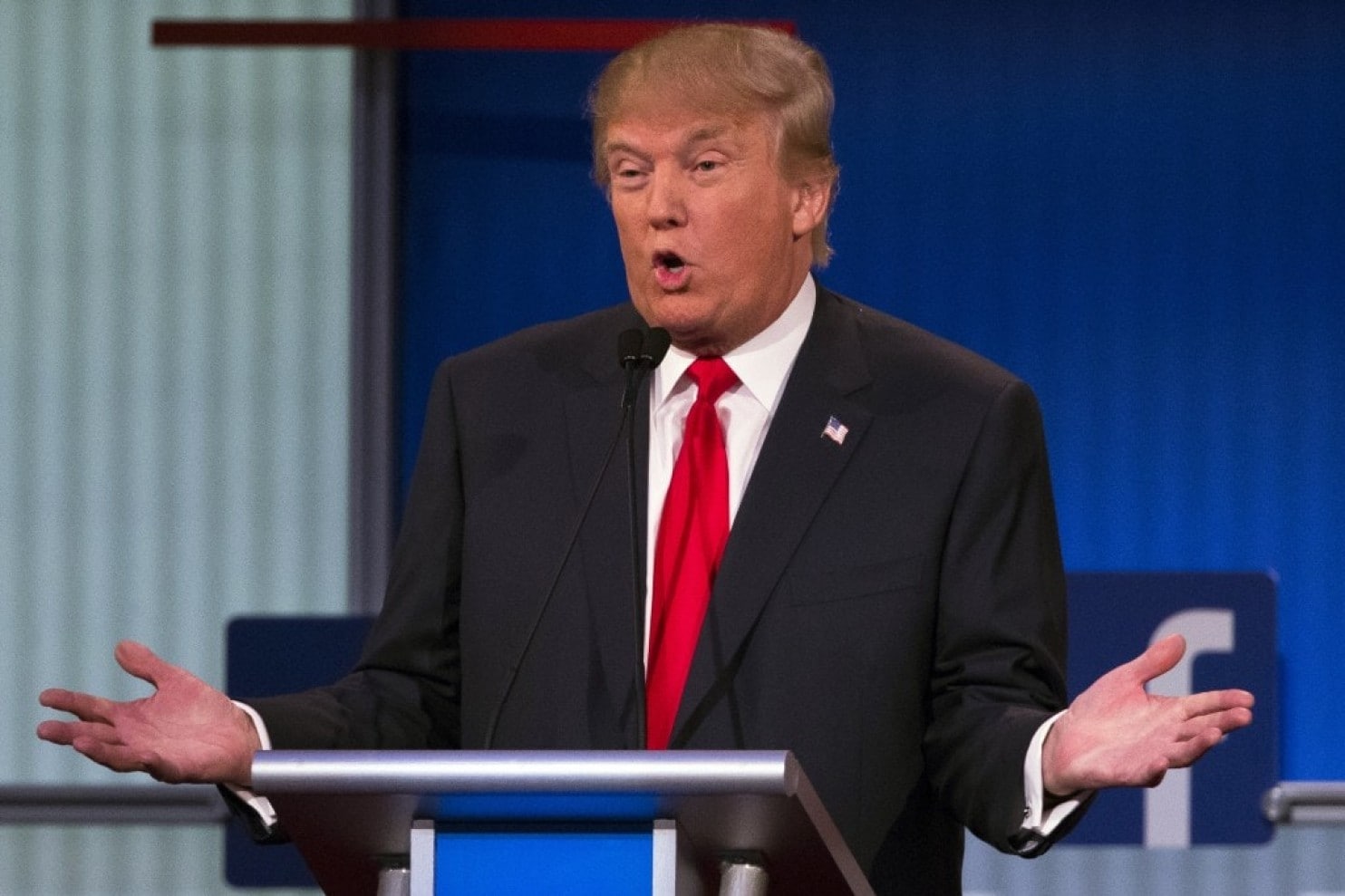Trump’s Crypto Reserve Proposal Faces Backlash from Key Industry Figures
04.03.2025 19:00 1 min. read Alexander Stefanov
President Donald Trump's proposal for a "cryptocurrency strategic reserve" has sparked strong skepticism within the crypto community, even from his past supporters.
The plan, which includes Bitcoin, Ethereum, XRP, Solana, and Cardano, aims to position the U.S. as a leader in crypto but has been criticized for potential government overreach in the market.
Prominent figures like Coinbase CEO Brian Armstrong have voiced concerns, arguing that the reserve should focus solely on Bitcoin, which he views as a digital successor to gold. Billionaire investor Joe Lonsdale also condemned the proposal, claiming government interference in crypto markets is inappropriate.
Even those close to Trump’s crypto advisor, David Sacks, have criticized the plan. Jason Calacanis, co-host of the “All-In” podcast, labeled it a “Trump Pump,” while Jeff Park from Bitwise called the decision a political miscalculation. As the debate heats up, it remains to be seen whether the plan will proceed or face further pushback.
READ MORE:

Grayscale Files 19b-4 For Hedera ETF
Despite the growing criticism, Trump’s team has defended the initiative, emphasizing its potential to strengthen the U.S. dollar and attract international investment.
The idea of a government-backed cryptocurrency reserve is a bold step that highlights the administration’s commitment to adopting emerging technologies, though it also underscores the challenges of balancing innovation with market principles.
-
1
Ripple Faces Legal Setback as Court Rejects Bid to Ease Penalties
26.06.2025 16:54 1 min. read -
2
Coinbase Surges 43% in June, Tops S&P 500 After Regulatory Wins and Partnerships
29.06.2025 21:00 2 min. read -
3
Ripple Has Applied for a National Banking License
03.07.2025 7:00 2 min. read -
4
What Will Happen With the Stock Market if Trump Reshapes the Fed?
29.06.2025 13:00 2 min. read -
5
Barclays Blocks Crypto Credit Card Payments in Latest Blow to Retail Investors
26.06.2025 8:00 2 min. read
Charles Schwab to Launch Bitcoin and Ethereum Trading Soon, CEO Confirms
Charles Schwab is preparing to roll out spot Bitcoin and Ethereum trading, according to CEO Rick Wurster during the firm’s latest earnings call.
BlackRock Moves to Add Staking to iShares Ethereum ETF Following SEC Greenlight
BlackRock is seeking to enhance its iShares Ethereum Trust (ticker: ETHA) by incorporating staking features, according to a new filing with the U.S. Securities and Exchange Commission (SEC) submitted Thursday.
IMF Disputes El Salvador’s Bitcoin Purchases, Cites Asset Consolidation
A new report from the International Monetary Fund (IMF) suggests that El Salvador’s recent Bitcoin accumulation may not stem from ongoing purchases, but rather from a reshuffling of assets across government-controlled wallets.
Sberbank Moves to Dominate Russia’s Crypto Custody Sector
Sberbank, Russia’s largest state-owned bank, is preparing to launch custody services for digital assets, marking a significant expansion into the country’s evolving crypto landscape.
-
1
Ripple Faces Legal Setback as Court Rejects Bid to Ease Penalties
26.06.2025 16:54 1 min. read -
2
Coinbase Surges 43% in June, Tops S&P 500 After Regulatory Wins and Partnerships
29.06.2025 21:00 2 min. read -
3
Ripple Has Applied for a National Banking License
03.07.2025 7:00 2 min. read -
4
What Will Happen With the Stock Market if Trump Reshapes the Fed?
29.06.2025 13:00 2 min. read -
5
Barclays Blocks Crypto Credit Card Payments in Latest Blow to Retail Investors
26.06.2025 8:00 2 min. read

